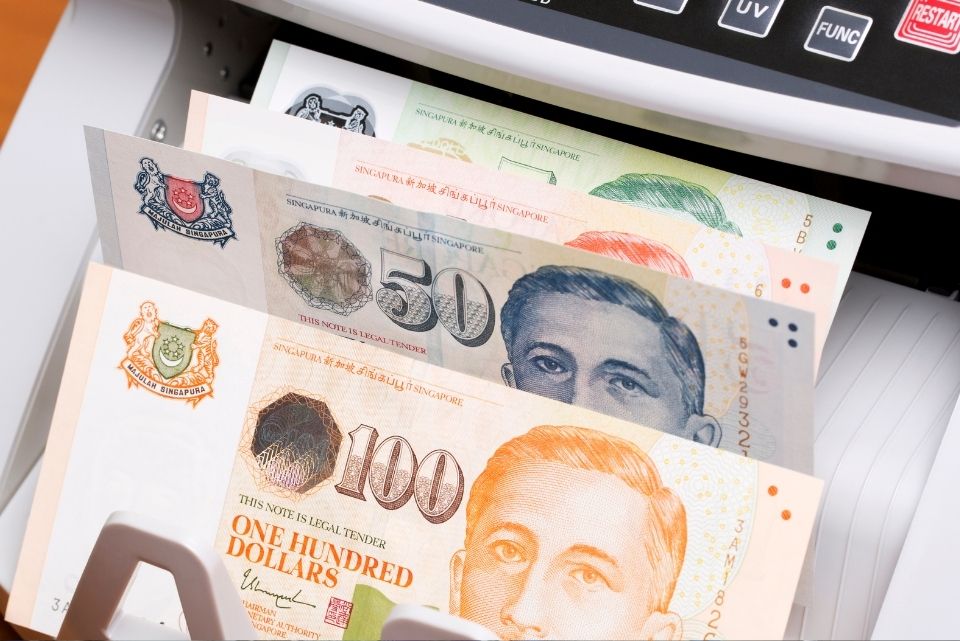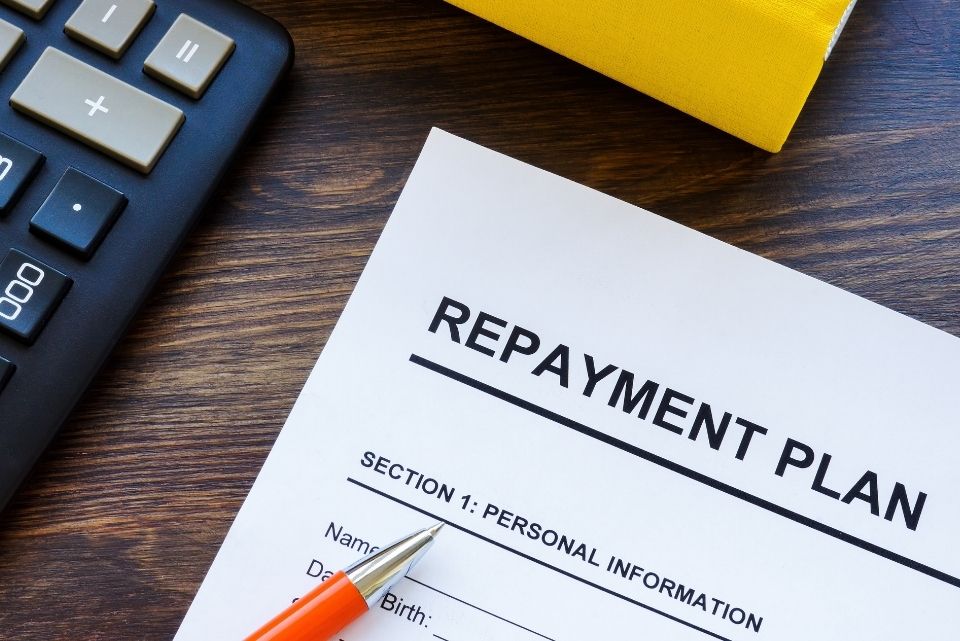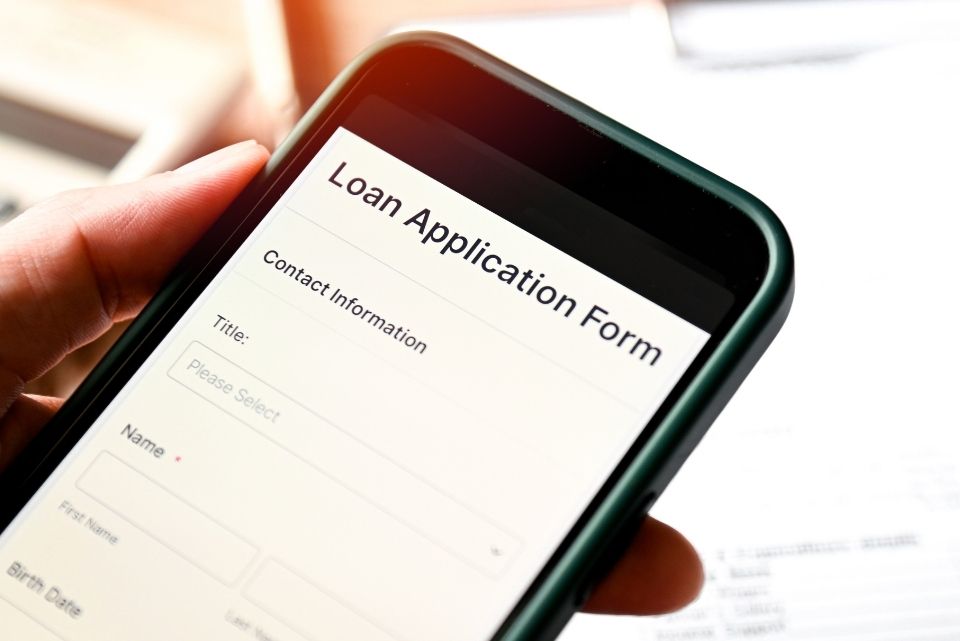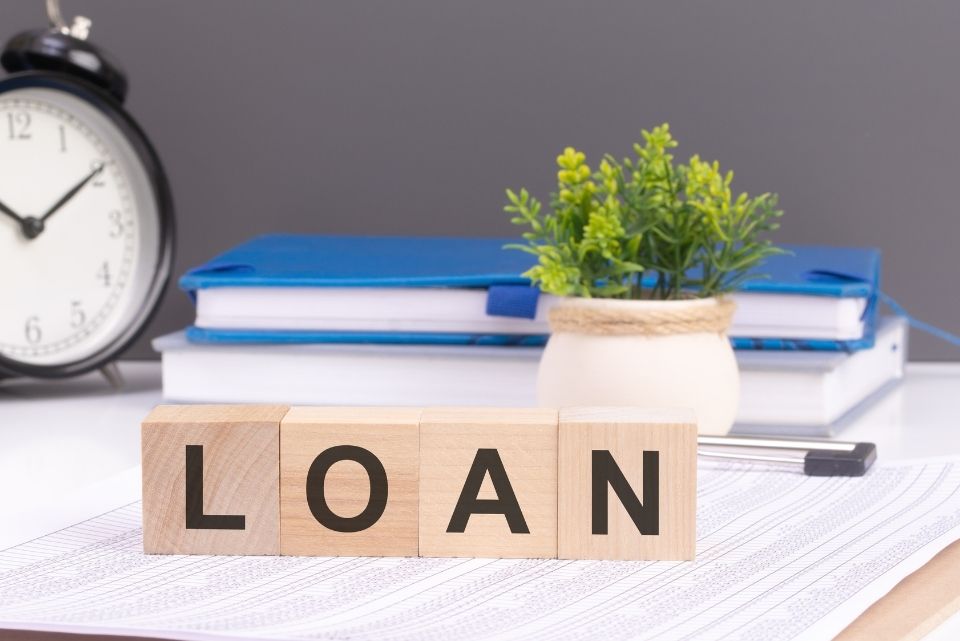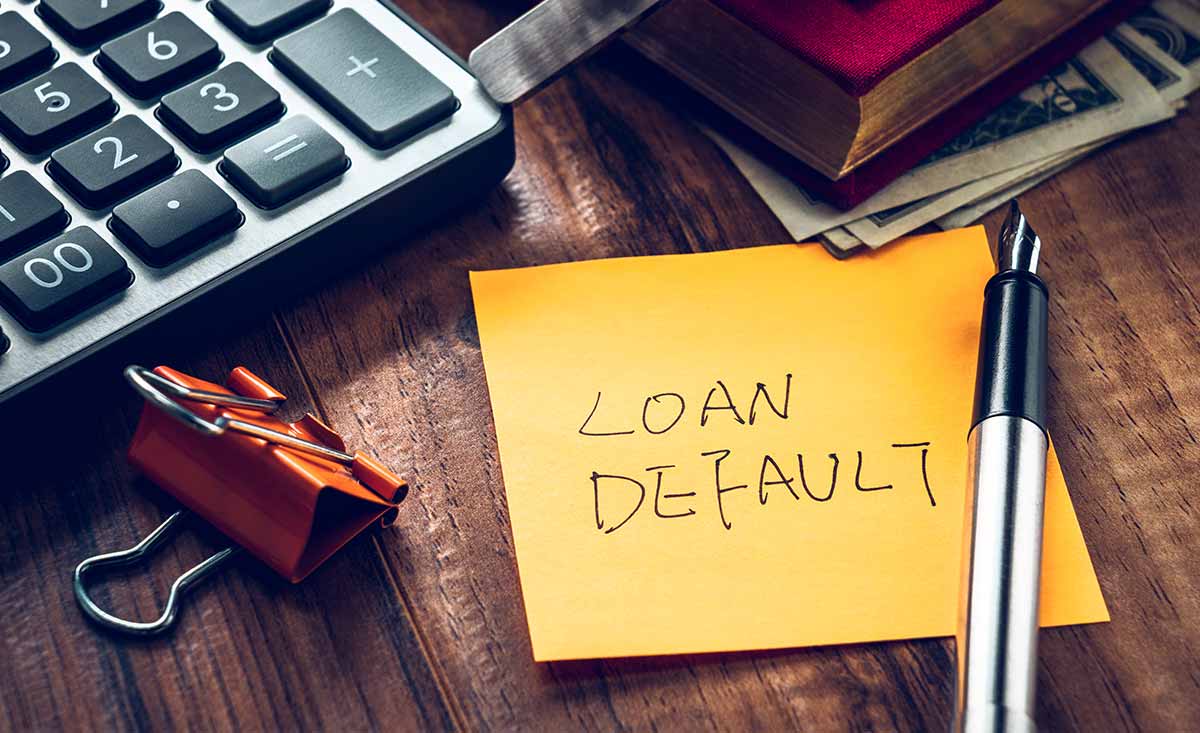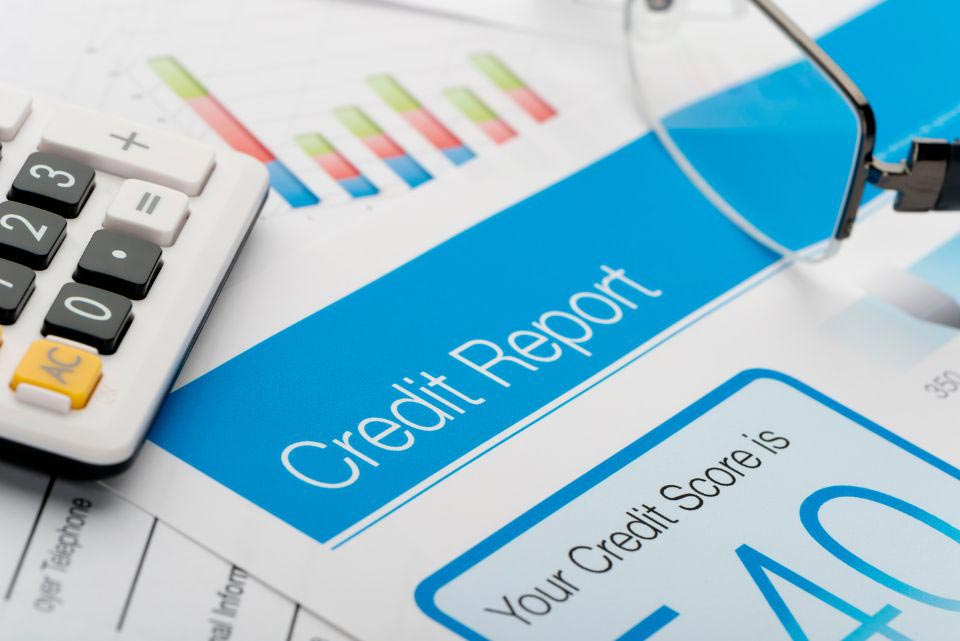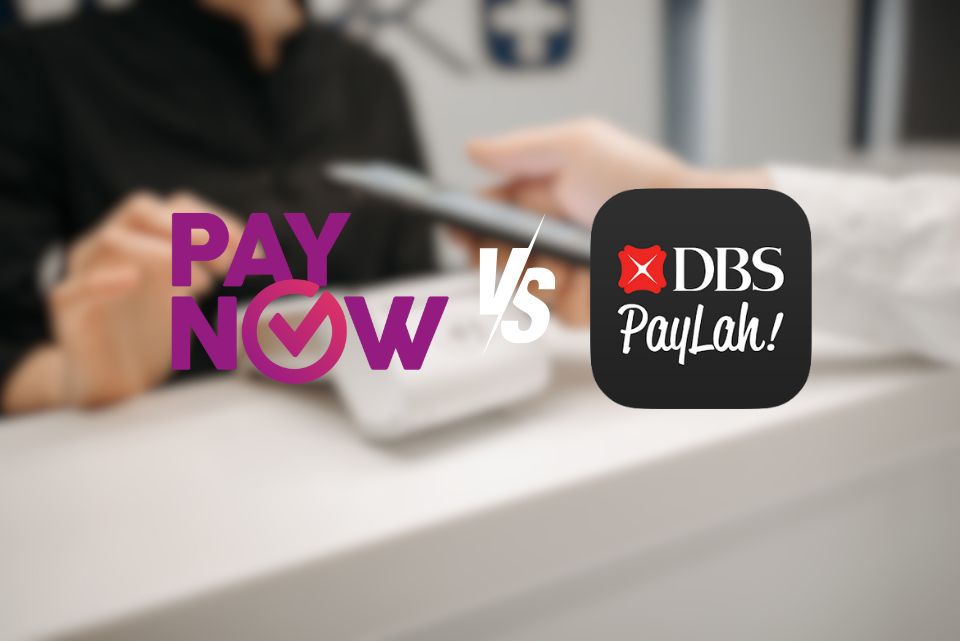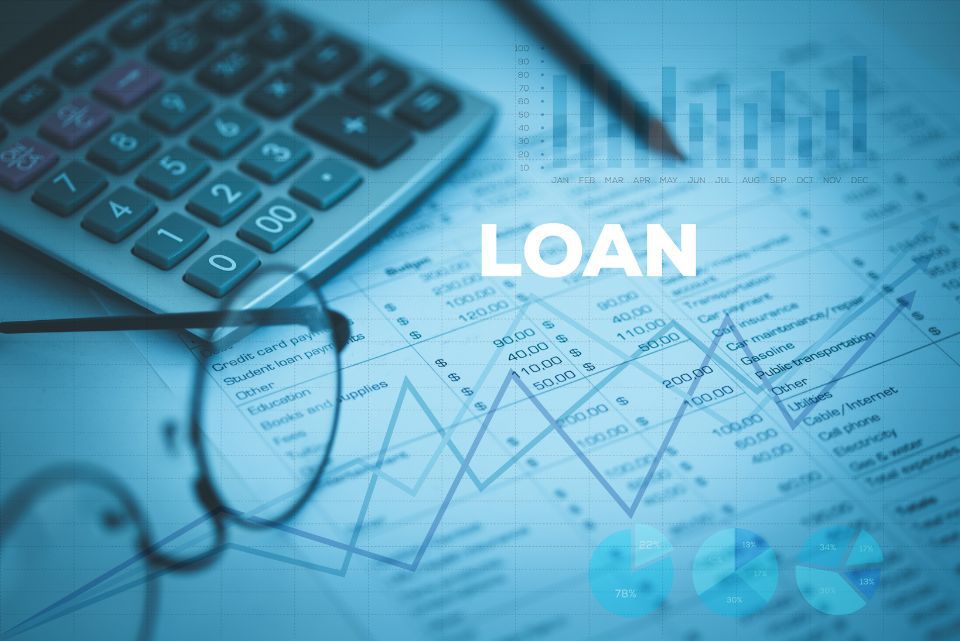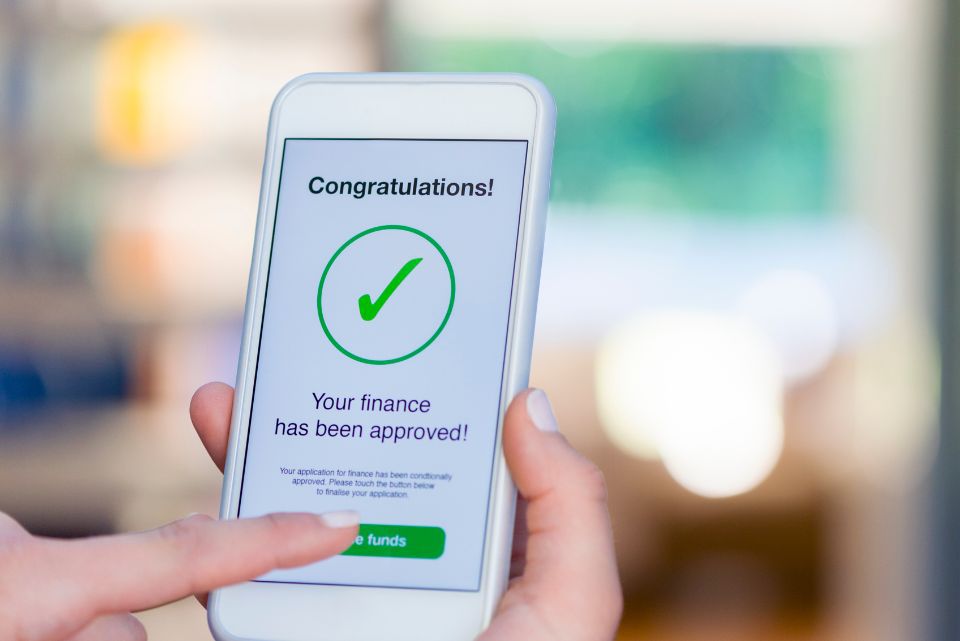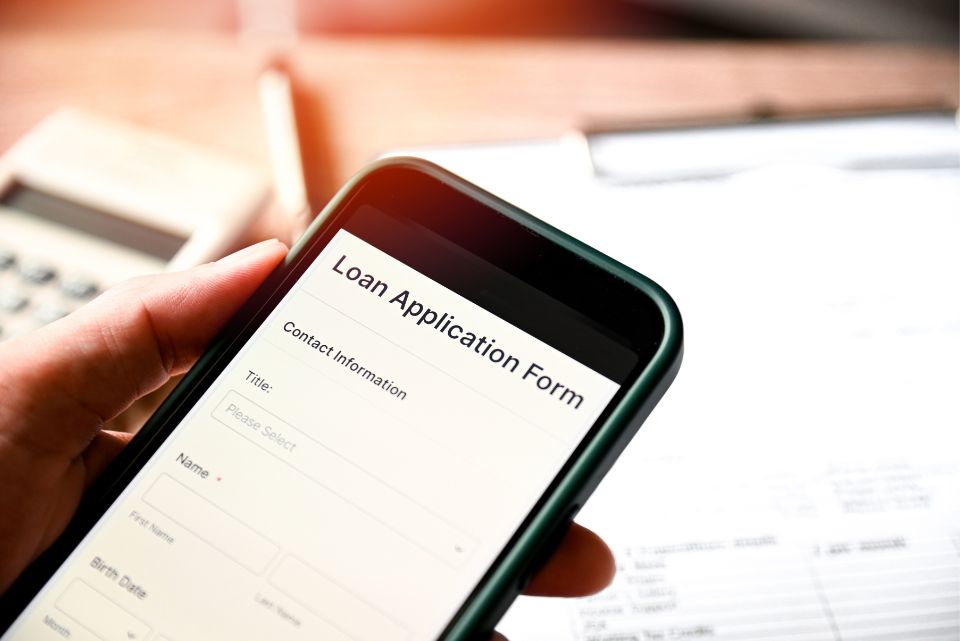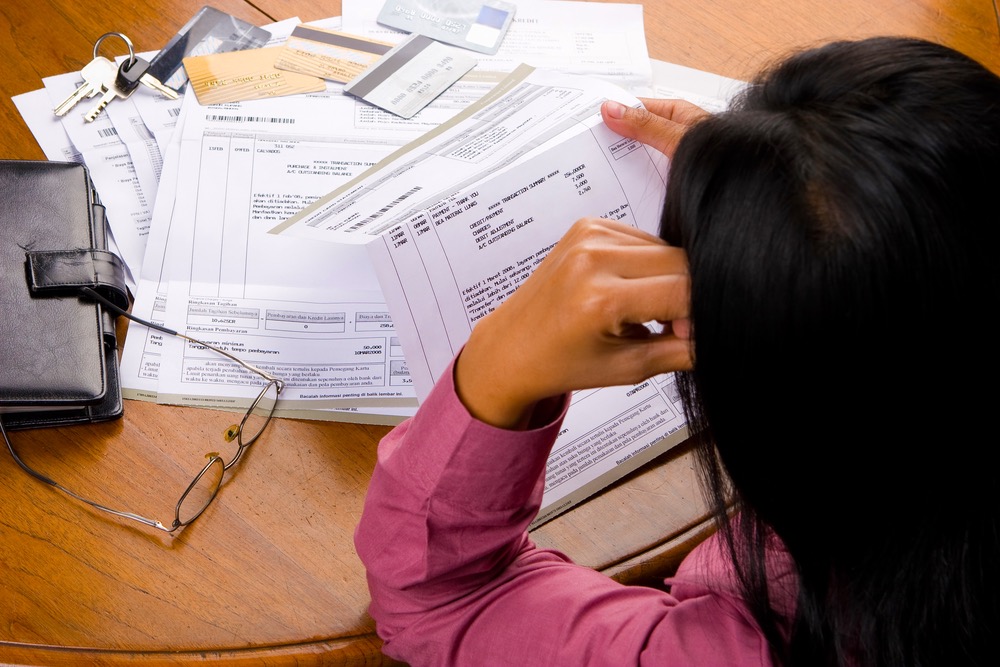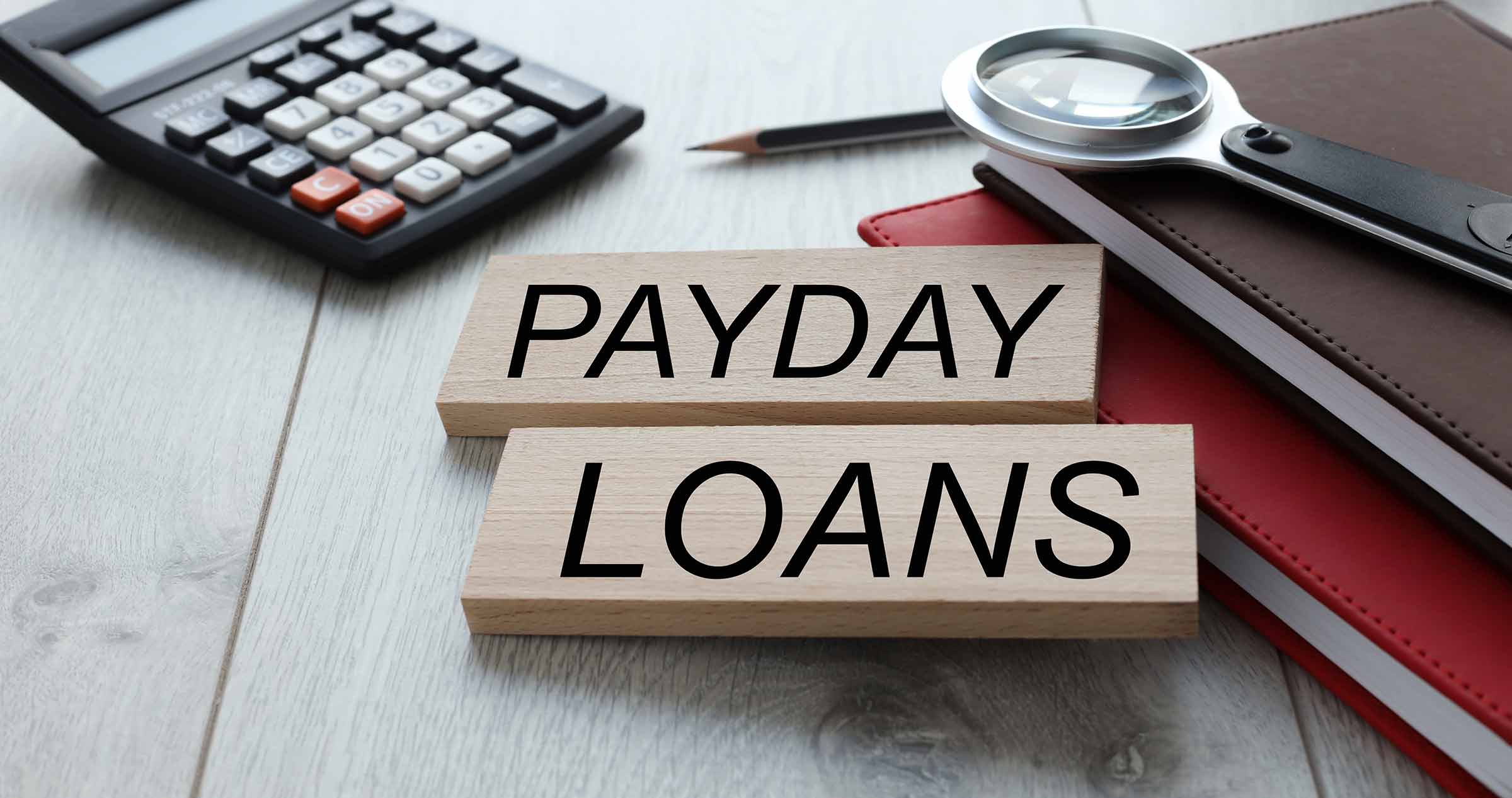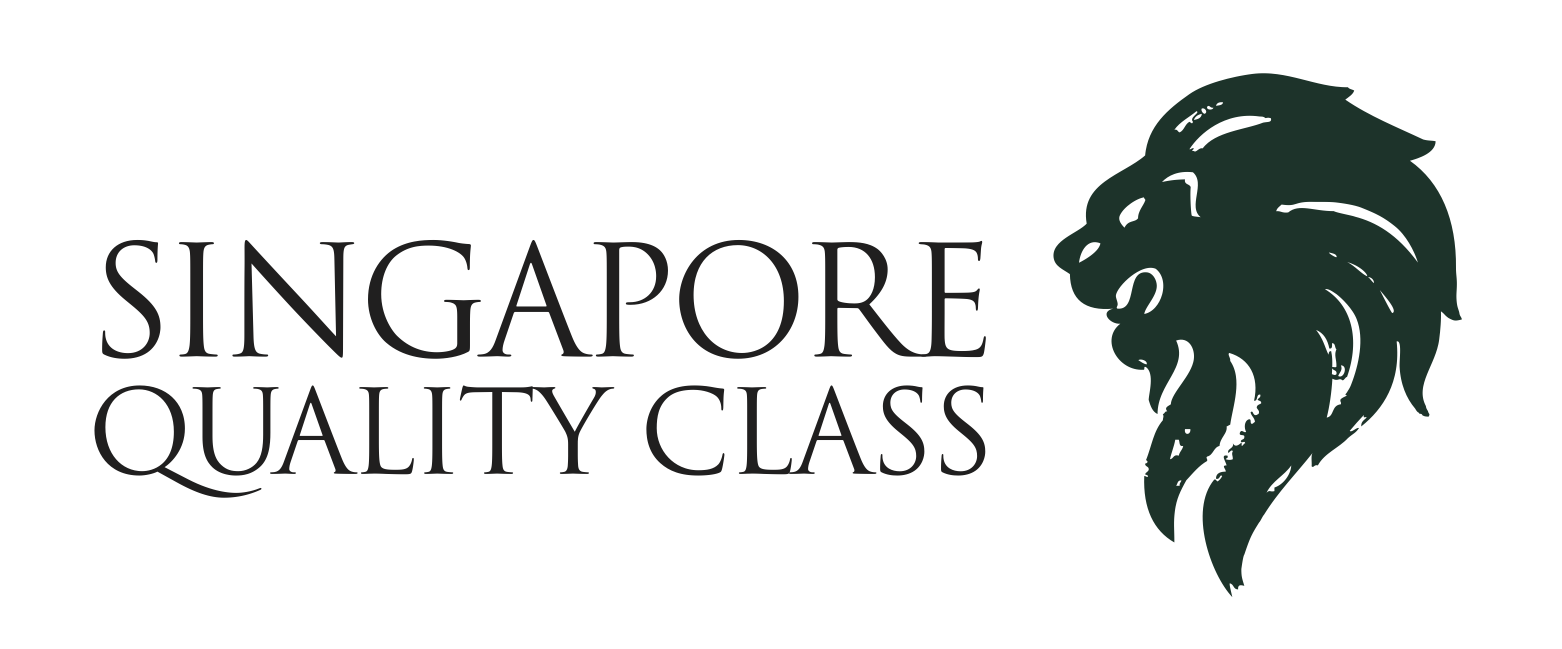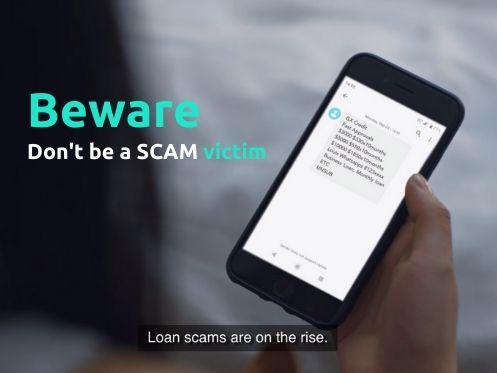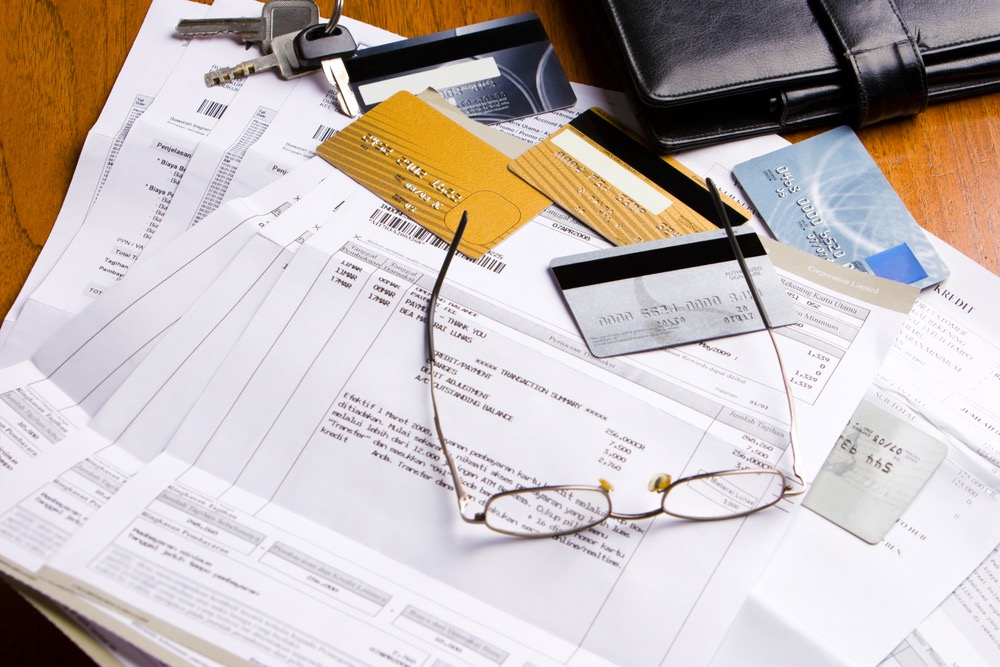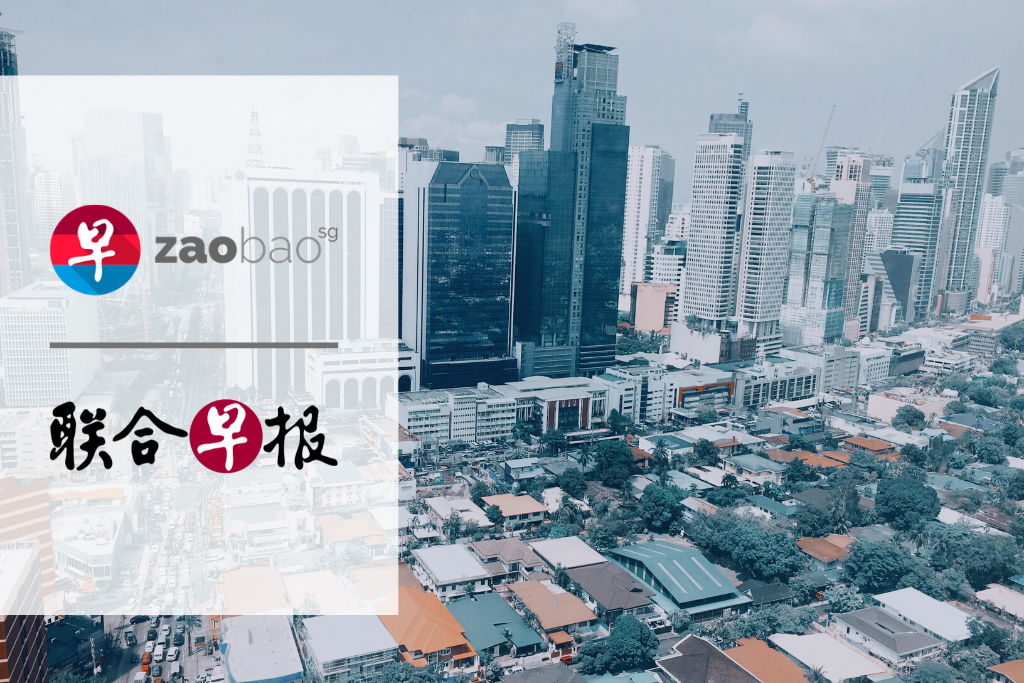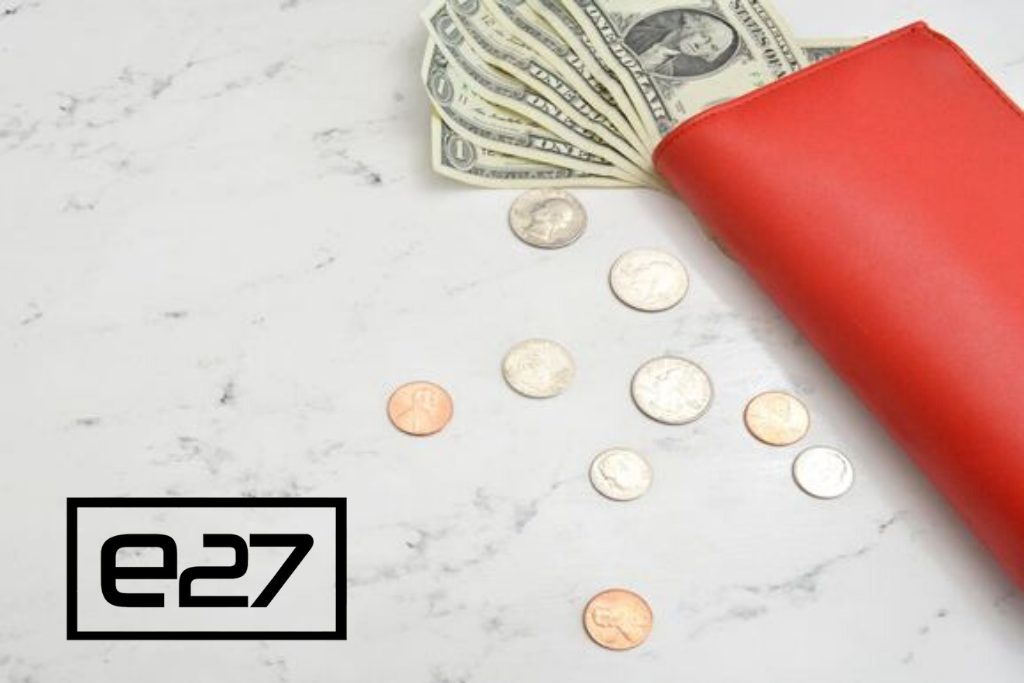
Are you a student in Singapore struggling with money? A personal loan can be of great help for things like rent, school expenses, or other costs. But what if you don’t have a job? Can you still get a loan?
The good news is that yes, you can get it even without showing income proof. However, you’ll need to provide other documents to convince the lender that you can pay them back.
If you need a personal loan in Singapore but don’t have the necessary income documentation, this article has you covered.
What Is A Personal Loan?
A personal loan is a sum of money borrow from a bank or money lender that you can use for various needs.
Think of it as a helping hand for those times you need some extra cash. It is a flexible way to get money for things like finally getting rid of those pesky credit card balances, fixing up your house, or throwing that dream wedding you’ve always wanted.
Banks, credit unions, and even money lenders are there to provide you with a personal loan.
Unlike car loans or mortgages, you don’t need to put up any property as security. The lender approves your loan based on your credit history.
Where To Get A Personal Loan
In Singapore, you can get personal loans from banks or licensed money lenders. Banks generally offer lower interest rates (the cost of borrowing) and longer repayment periods.
However, money lenders might be faster and more flexible, but their interest rates can be higher.
Discover the difference between borrowing from legal lenders and banks.
Important Rules Followed By Money Lenders
The Singapore government has rules to protect borrowers from unfair practices. Here’s what licensed money lenders must do:
- Interest Rate Cap: They can’t charge more than 4% interest per month, regardless of your income or loan details.
- Limited Fees: They can only charge specific fees, like late payment penalties, and not things like processing fees.
- Loan Amount Limits: The maximum loan depends on your income and if you own property. It can be $3,000 or $6,000, depending on your situation.
Clear Loan Terms and Conditions: They must provide a contract with all the loan information (amount, interest, fees, and repayment schedule) before you agree.
Getting Approved For A Student Personal Loan
Credit score matters
Lenders look at your credit score to see how good you are at managing debt. Your payment history, the length of time you’ve had credit, and any current loans you have all affect your credit score.
You have better odds of approval with a good score and worse odds with a poor one.
Proof of Income (The Tricky Part)
Normally, lenders want proof that you can repay the loan. This can be tough for students without a job.
But some lenders might consider alternatives like scholarships or regular allowances from family. Always check what each lender requires for proof of income.
Additional Requirements for International Students
If you’re an international student, there might be additional hurdles to jump.
On top of the usual requirements, you might need documents like your passport, work contract (if you have one), and proof of where you live in Singapore.
Some lenders might even ask for a Singaporean guarantor, someone who promises to clear the loan if you can’t. Always double-check with the lender to see what extra steps you need to take.
How to Get Approved Even Without Income
Even without a paycheck, you might still be able to get a personal loan to cover school costs or living expenses. The key is to look beyond traditional lenders.
Finding the right lender
Banks typically require proof of income, but other lenders might be more flexible. Look for institutions that cater to students or those without regular income.
What to show instead of payslips
Instead of payslips and bank statements, you can provide documents like your ID, passport, and school records to prove you’re a student.
Some lenders might also consider guarantors who can vouch for your ability to settle the loan.
Putting up collateral
One way to improve your chances is by offering collateral, a valuable item the lender can take if you can’t repay the loan.
This could be a car, jewellery, or even property (if you own any). While collateral makes approval easier, remember that you risk losing it if you can’t repay the loan.
Finding a guarantor
Another option is finding a guarantor, someone who promises to settle the loan if you can’t. This can be a friend or family member with good credit.
A guarantor assures the lender they won’t lose money, making them more likely to approve you.
Make sure you fully trust this individual, as a default could potentially impact their credit score.
Teaming up with a Friend (Joint Applications)
Teaming up with a friend or family member who also needs a loan can be a smart strategy. By combining your applications, your total income increases, making approval more likely.
Joint applications can also lead to better interest rates and shared loan responsibility.
However, only team up with someone you trust completely, and ensure you both understand the loan terms thoroughly.
Important Note: Requirements Can Vary
Different lenders might have different requirements for documents and income proof. Some might ask for bank statements or payslips to assess your repayment ability.
Always check with the lender beforehand to ensure you have everything they need.
Getting a personal loan as a student in Singapore without income can be challenging, but it’s not out of reach.
By providing the right supporting documents and alternative income proofs, you can increase your chances of getting approved and securing the financial help you need.
Finding Financial Support for Singaporean Students And Unemployed Individuals (Even Without Income)
Applying for a Student Personal Loan
Even without a paycheck, you might qualify for special personal loans designed just for students.
These loans often come with lower interest rates and more flexible repayment options compared to regular personal loans.
Be prepared to show proof of enrollment, and you might even need a guarantor to vouch for you.
Applying for Financial Products for Unemployed
Being unemployed doesn’t mean you’re out of options. Some lenders offer short-term loans specifically for the unemployed, often called payday loans or cash advances. However, beware! These loans typically have high interest rates.
Consider bank loans as well, though they might be harder to get without income. You might need collateral or a co-signer to secure a bank loan.
Using Credit Cards
Credit cards might not give you a big chunk of cash upfront like a loan, but they can be helpful for managing everyday expenses.
Some cards even offer cashback or other perks that can ease the financial burden.
Choose cards with low interest rates and no annual fees, and remember: on-time payments are crucial to avoid high charges and hurting your credit score.
While it can be tougher to get a loan without income, there are still possibilities in Singapore.
Explore student loans, payday loans, bank loans, and credit cards to find the best fit for your situation.
Always prioritise responsible borrowing, and be mindful of repayment terms and interest rates.
Interest Rates And Repayment Plans For Student Loans In Singapore
Interest Matters: How Much Do You Pay to Borrow?
Interest rates are like fees you pay for borrowing money. These rates can vary depending on the lender, the amount you borrow, and how long you borrow it for (loan term). In Singapore, personal loans usually have fixed interest rates, meaning the rate stays the same the entire time.
Higher interest rates mean more money you repay in total. For example, a loan with a high interest rate will cost you more each month compared to a loan with a lower rate.
Repaying Your Loan: How Much and When
The repayment terms explain how you pay back the loan. This includes how much you pay each month (instalment amount), how long you have to repay (loan tenure), and the specific schedule for payments.
Choose a repayment plan that fits your budget! Some lenders offer flexible repayment options, so you can adjust your payments based on your financial situation.
Loan tenure is also important. This is the total time you have to repay the loan. In Singapore, personal loan terms typically range from 6 months to 5 years.
When considering a personal loan in Singapore with no income, interest rates, repayment terms, and loan tenure are all crucial factors. Understanding these will help you choose a loan that you can afford to repay on time.
Student Loans in Singapore: Your Smart Guide to Avoid Debt Traps
Personal loans can be helpful, but it is very essential to know what you’re getting into, especially if you don’t have a steady income.
It’s important to manage your debts wisely to avoid a trap. Here are some tips:
Facing a Mountain of Debt? Take Action!
If you find yourself drowning in debt, the first step is to take control. Make a spending plan and follow it! Keep tabs on your expenditures and find places you can save money.
Think about getting a cheaper interest rate on all of your loans by consolidating them into one.
As a result, things become easier, and the total amount of interest paid goes down.
Getting Help from Licensed Moneylenders
Licensed moneylenders are government-regulated and offer lower interest rates and flexible repayment plans compared to some lenders.
Before jumping in, compare rates and terms from different licensed moneylenders to find the best deal.
Illegal Lenders: A Big No-No!
Stay away from loan sharks and other dishonest lenders. They have a reputation for charging outrageous interest rates and using aggressive collection tactics. Even going to the extent of harassing and breaking the law is possible with them.
Make sure the lender has the proper licence from the Ministry of Law before you borrow money from them. You can get a list of reliable lenders on their website.
Remember that key to keeping afloat is responsible debt management. If your debts become too much to handle, make a budget, and if necessary, look into licensed money lenders for assistance.
To avoid falling victim to unscrupulous lenders, it is important to conduct thorough research and select a respectable one.
Paying Off Your Student Loan Without Going Broke
Budgeting for Loan Repayments: Be Realistic
Before you take out a loan, take a hard look at your finances. Create a detailed budget that considers the loan amount and repayment schedule.
How the loan will affect your savings and future income can be better understood with this information. You may easily return the loan on time if you plan ahead financially and stick to your budget.
Getting Help from a Financial Advisor
Getting a personal loan without a regular income can be complicated. You might want to think about consulting a financial counsellor.
They offer individualised assistance with loan management, budgeting, and selecting the finest savings accounts. In order to qualify for the loan and make prudent financial decisions that support your long-term objectives, their advice can be priceless.
Responsible borrowing is key! Consider all your options, get professional advice if needed, and prioritise repayment to avoid debt traps.
Ready to apply for a personal loan? Apply with Crawfort today!

























